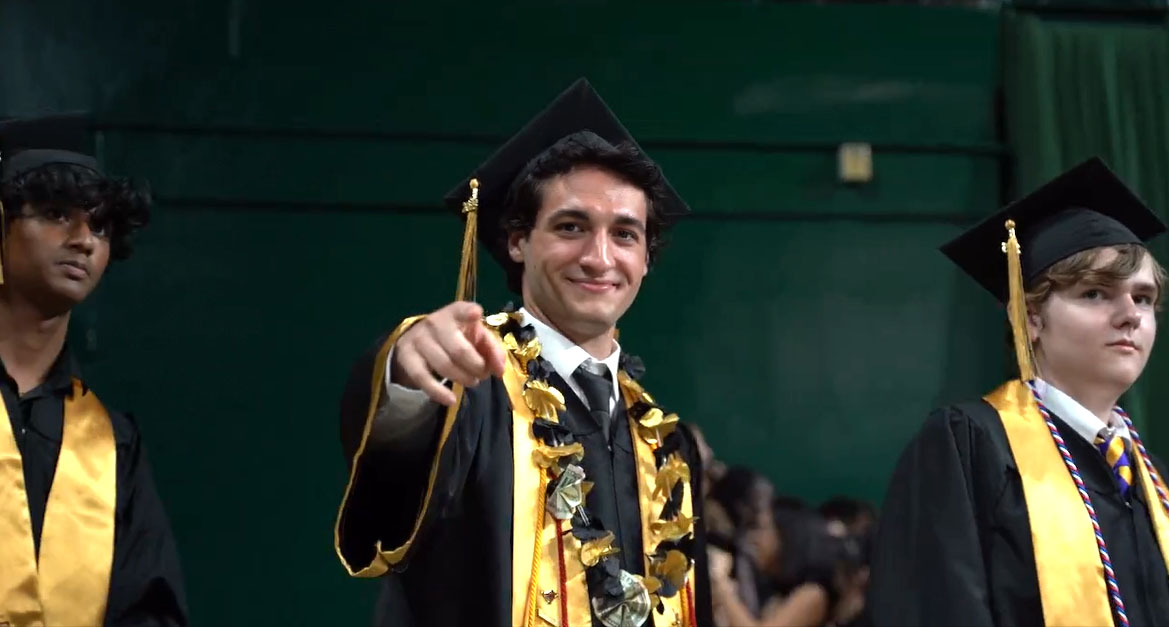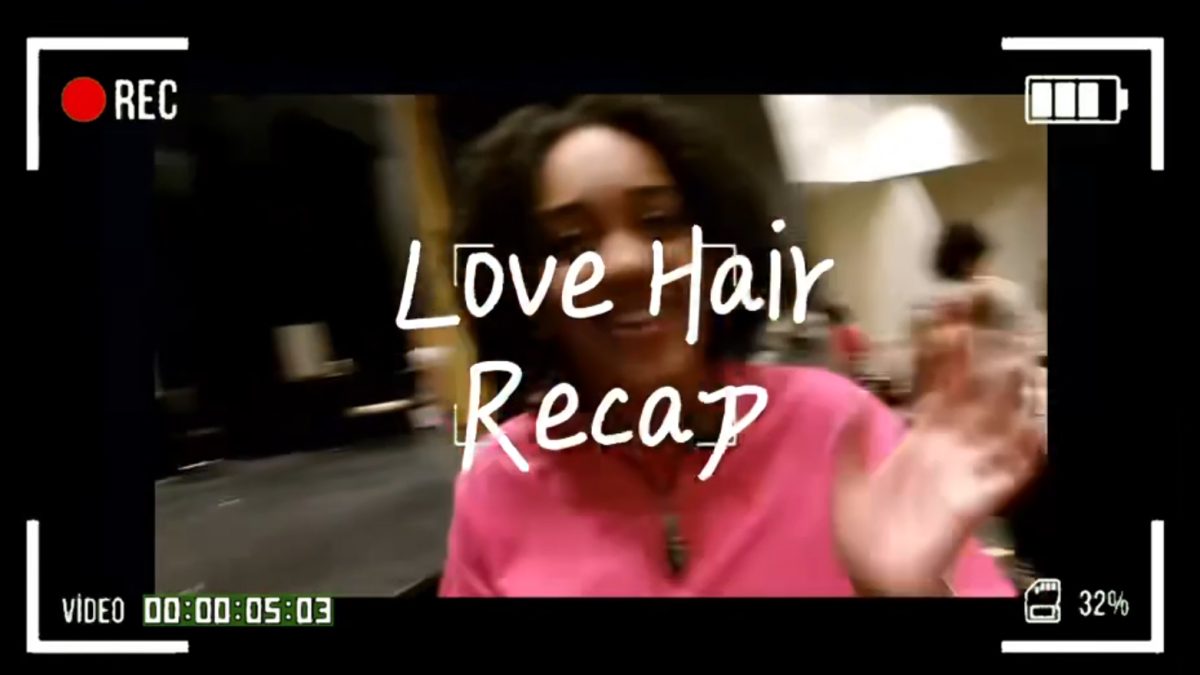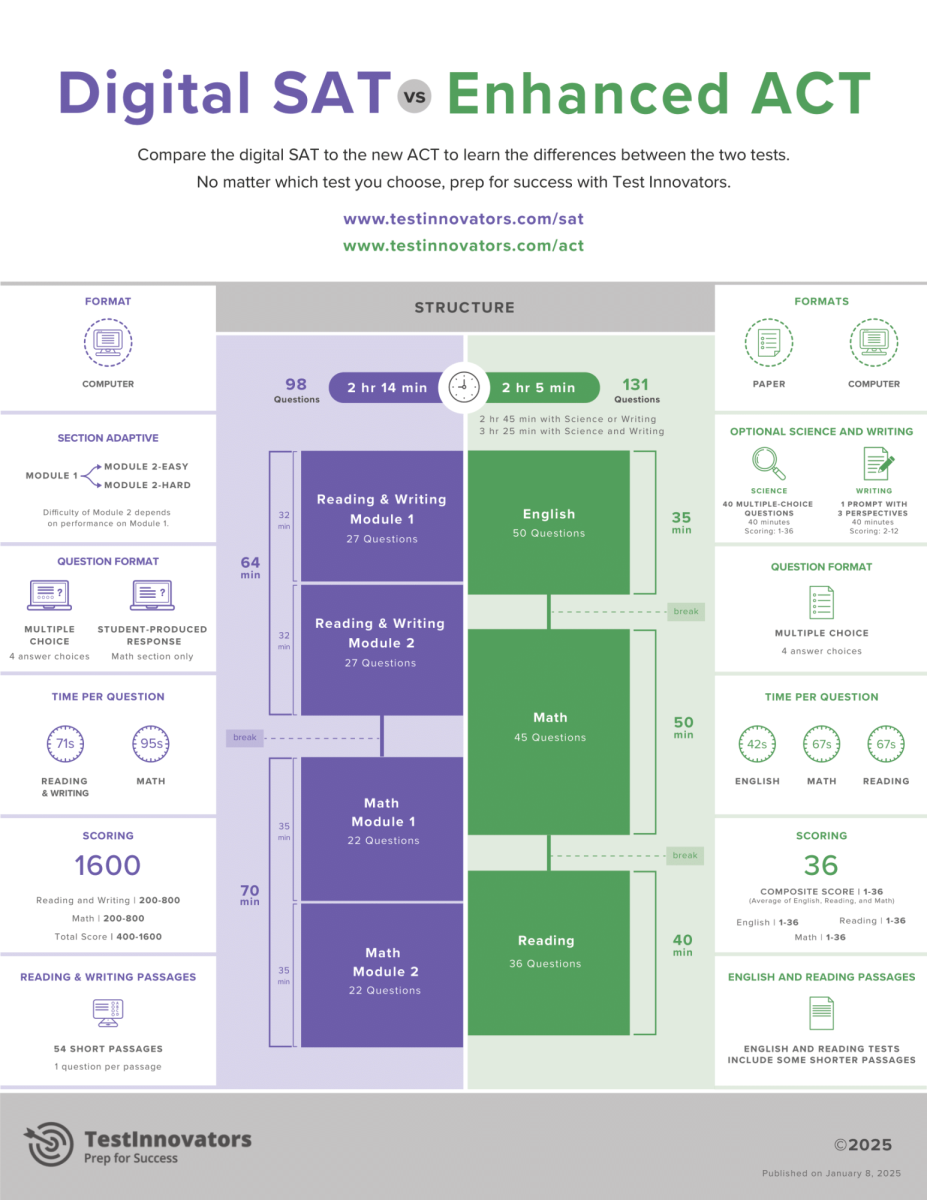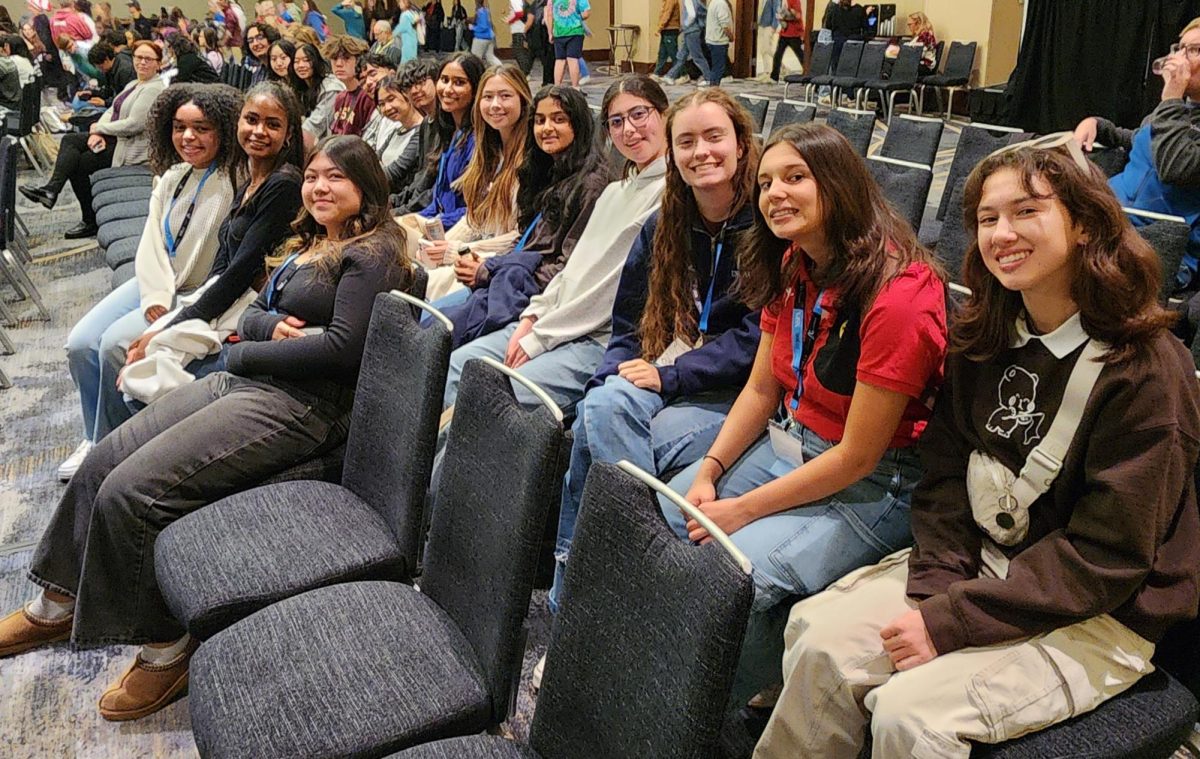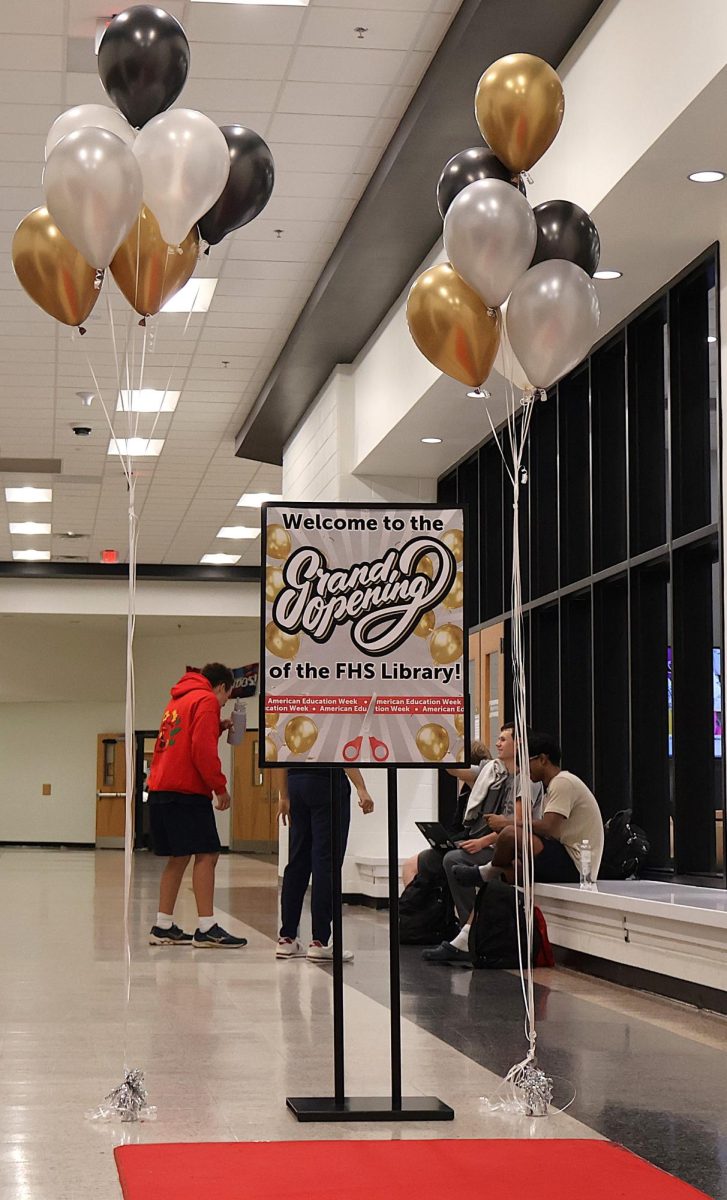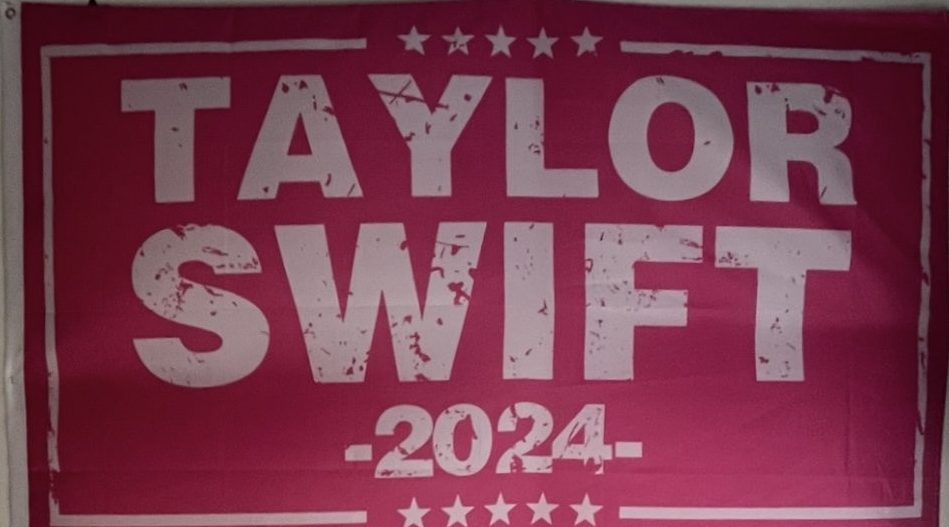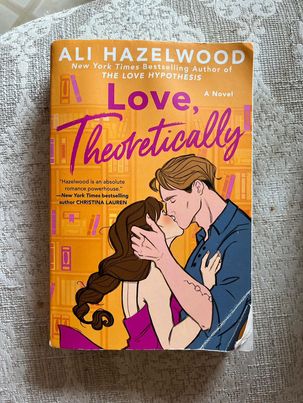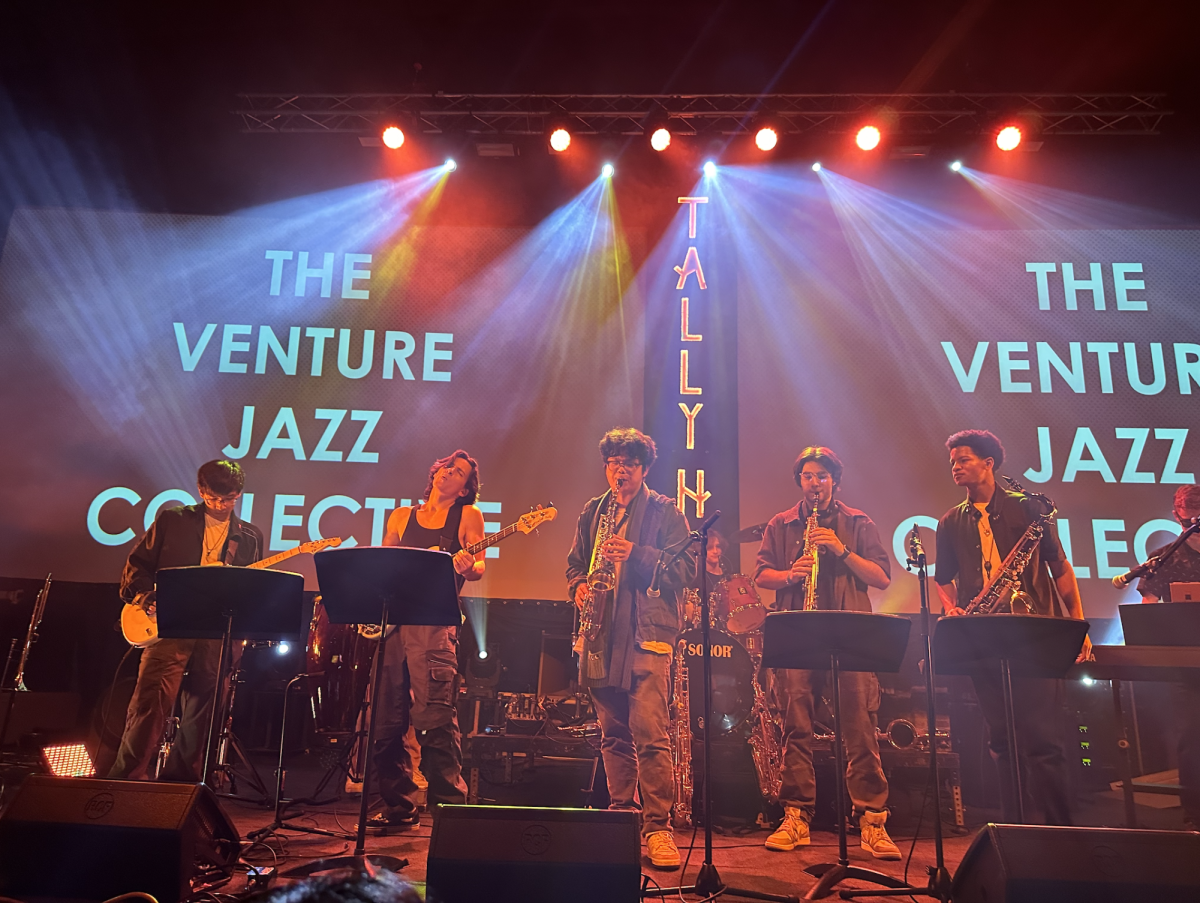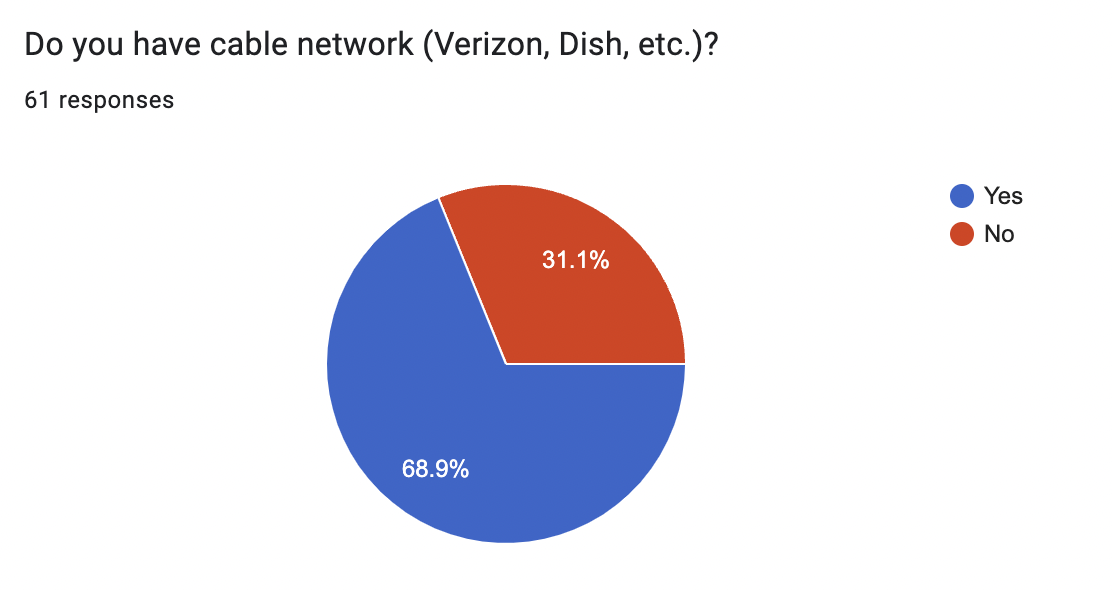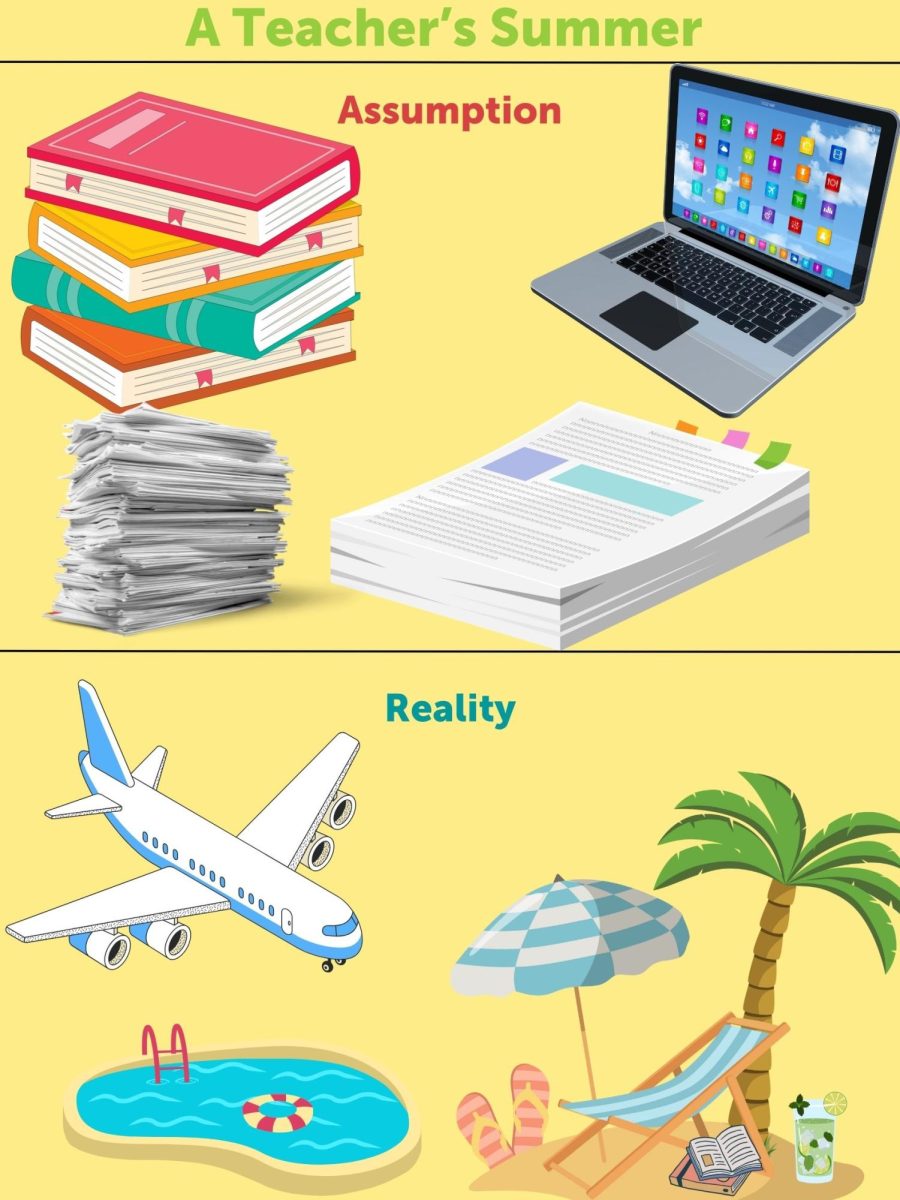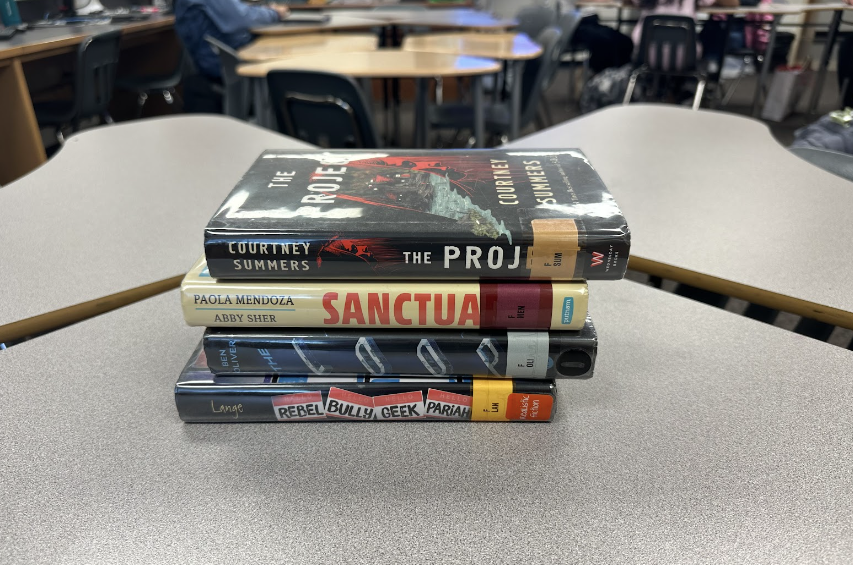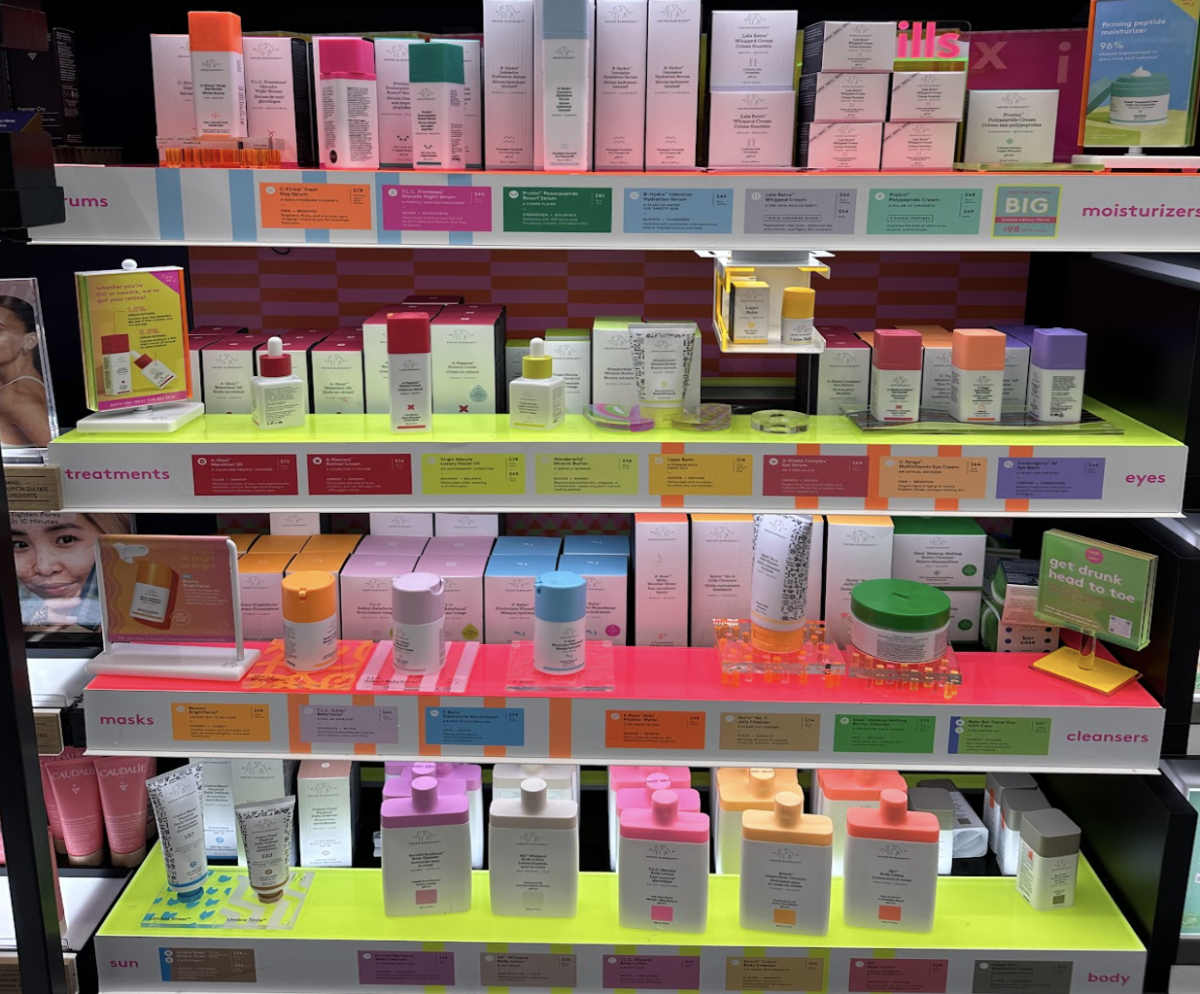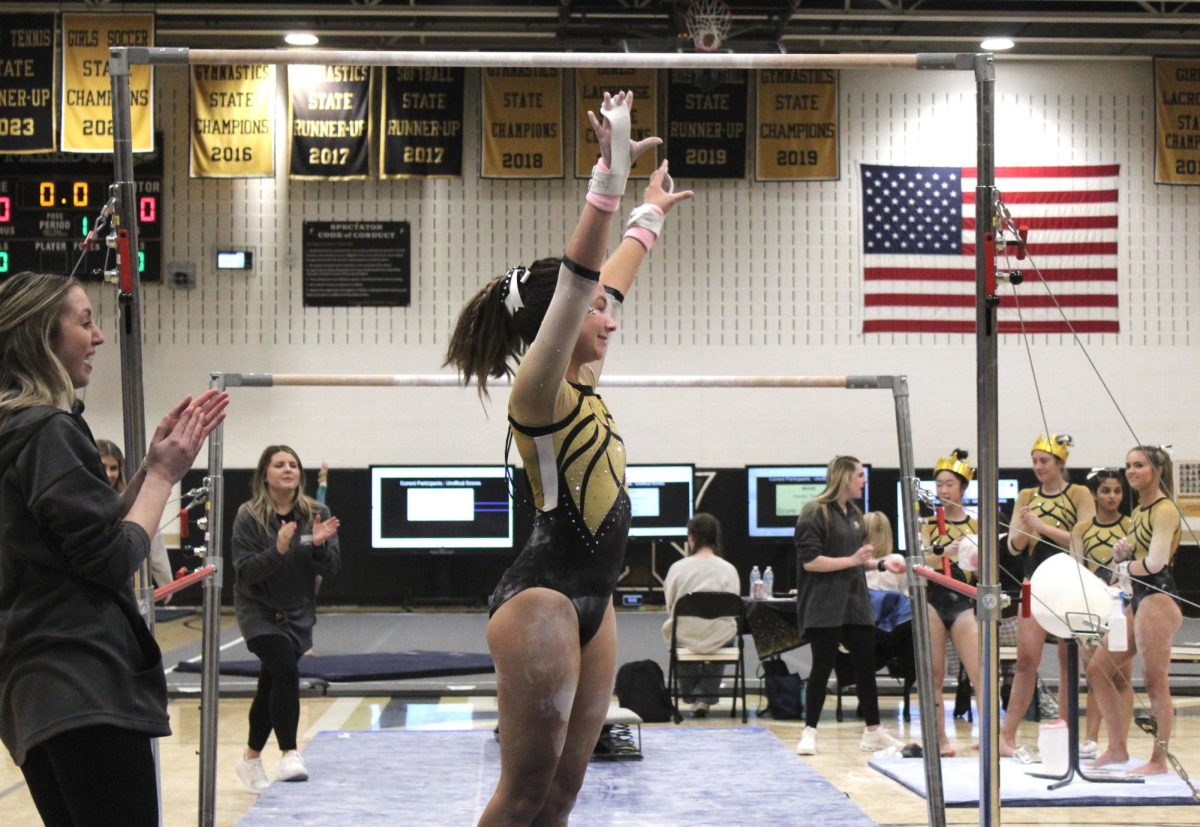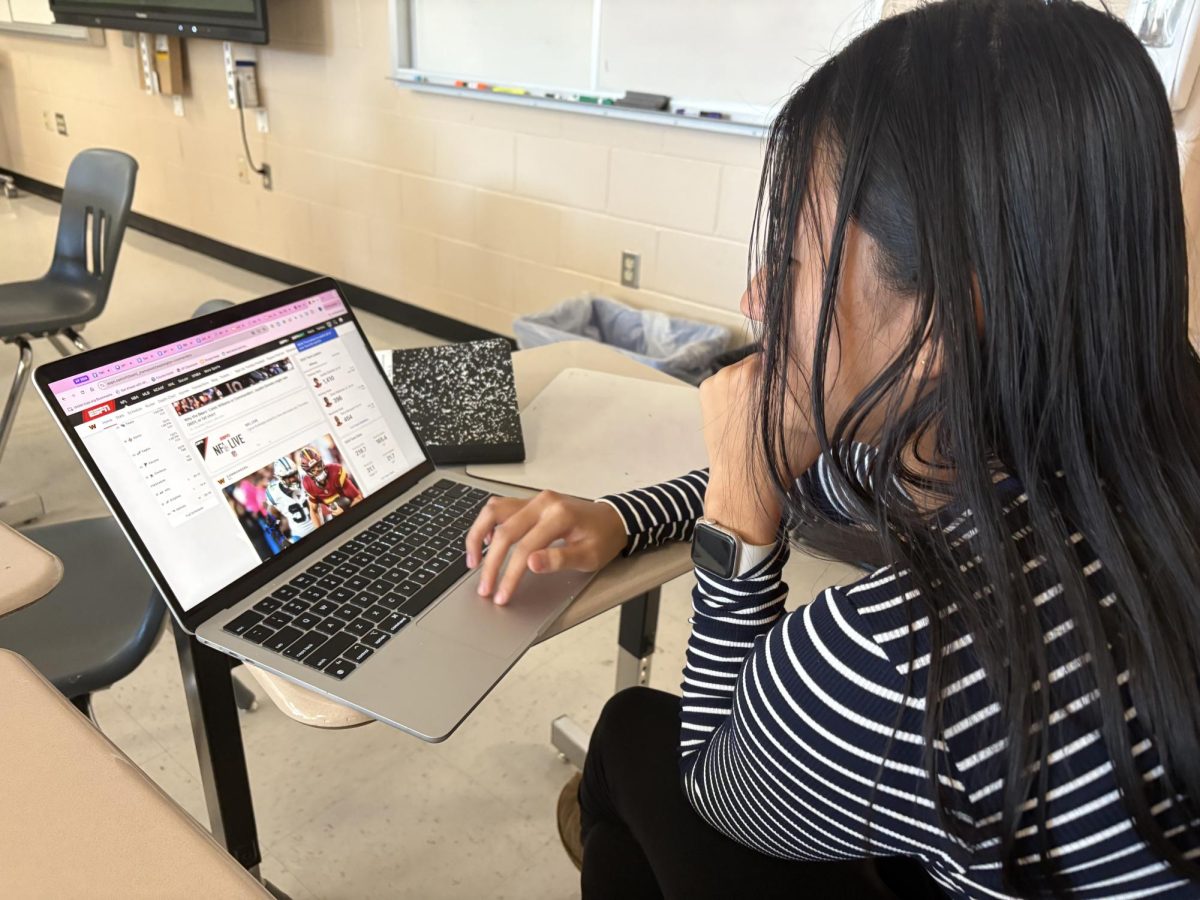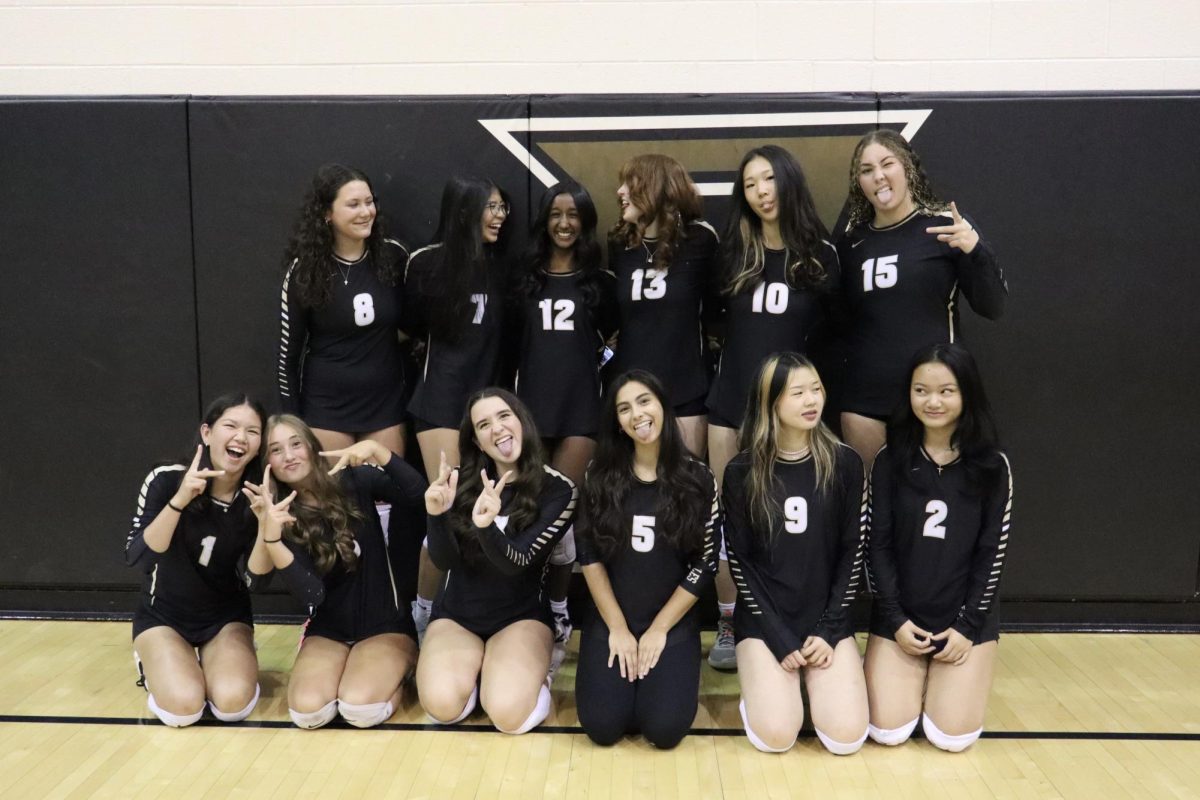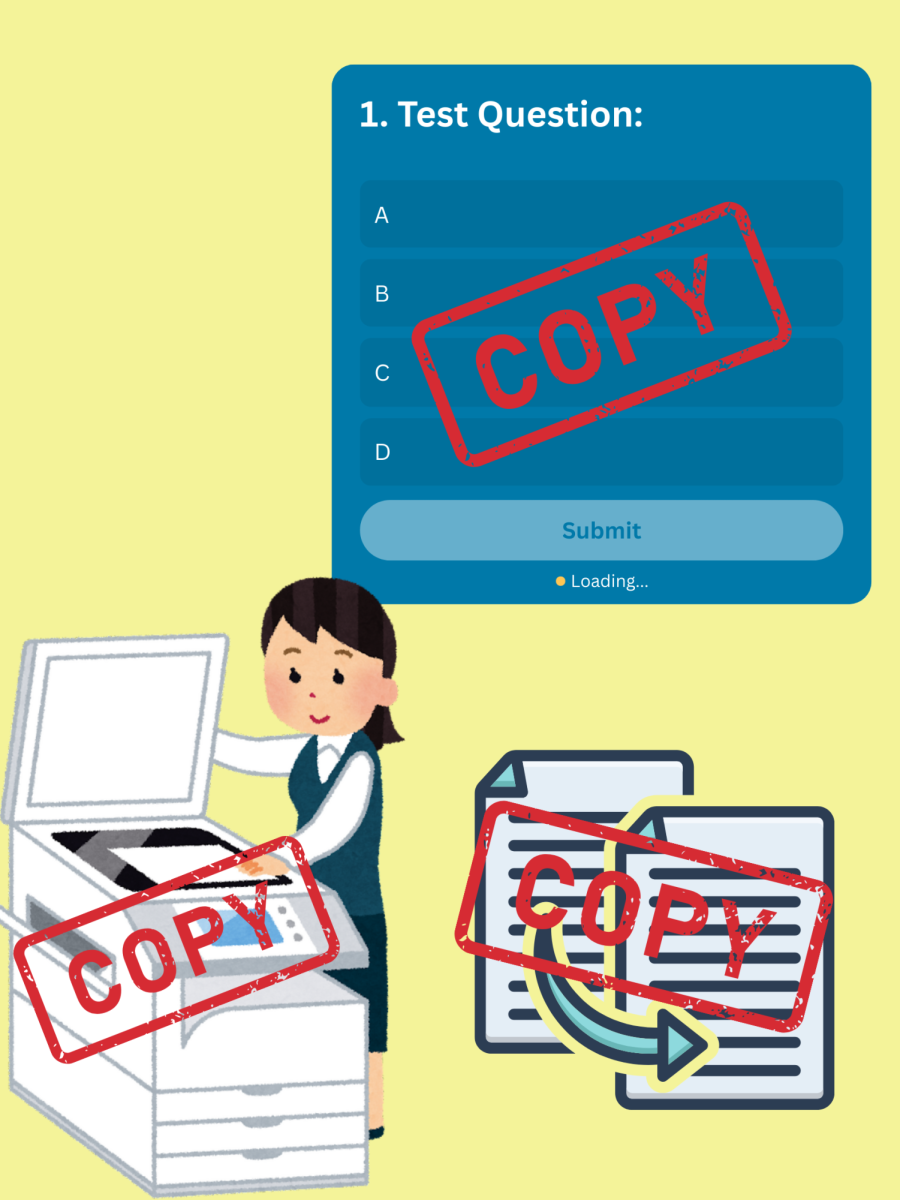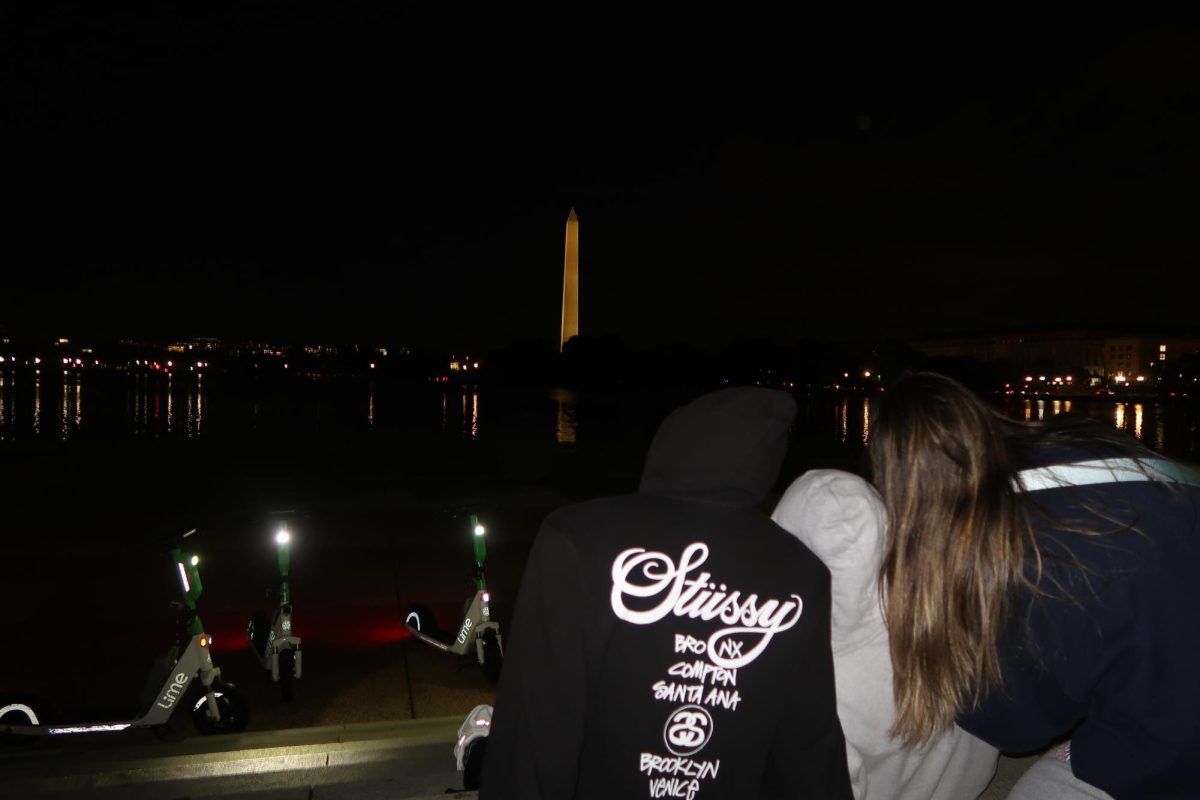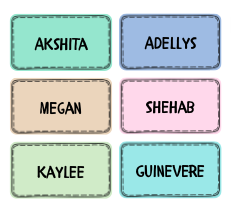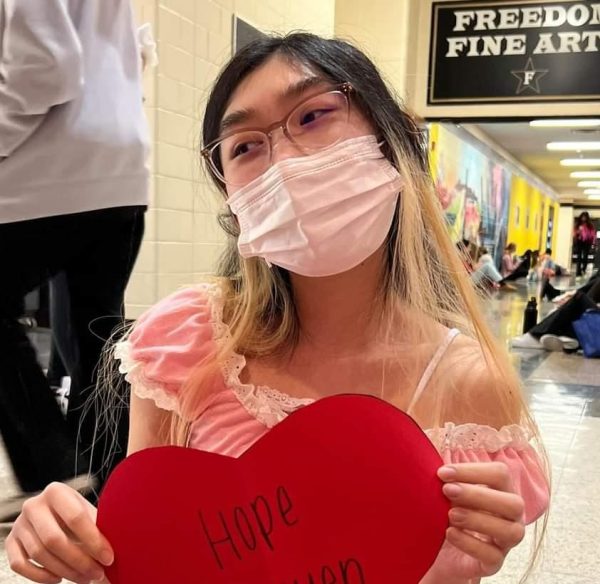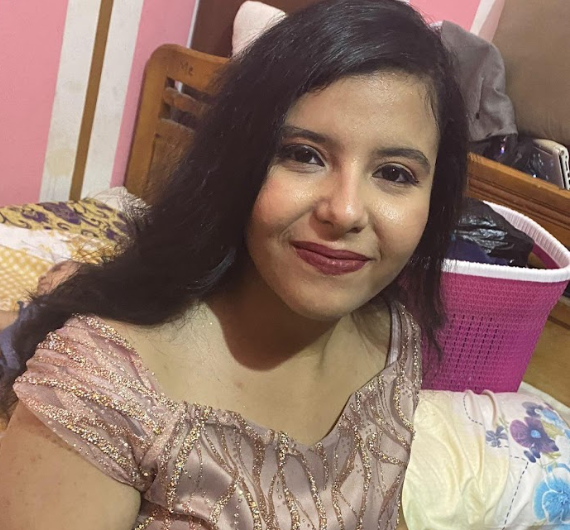
The definition of Makeup, according to Merriam-Webster.com, is cosmetics (such as lipstick, mascara, and eye shadow) used to color and beautify the face.
Cosmetics is a billion dollar industry in the U.S and other places around the world, consisting mostly of skincare, hair, makeup, deodorant, etc. Brands such as L’Oreal make $40.31 billion in sales a year.
The history of makeup is as old as time, going back as far as ancient Egypt. Both men and women of all social classes wore makeup. Today, the beauty industry is mainly dominated by women. Along with that, unpacking makeup and society’s views on it, especially its effects on beauty standards and people’s day to day is a highly contentious topic.
Many people have since pointed out since the beginning of its use how makeup has affected society and the way people interact with it, particularly with women. The idea of natural versus artificial beauty, the pressure for many women and young girls to use makeup to look beautiful, while also the demonization of being “high maintenance”, causing many women and girls to put in effort to appear “effortless” with how they use or not makeup to appeal to men and the male gaze, all ties back to beauty standards and the patriarchy.
Personally, I believe, through my own experiences and what I’ve observed in life, that makeup and the use of it, has many pros and cons, and that there are many facets and ways to approach the subject. I believe there should be a restructuring of the way society views beauty, and thus makeup as a form of beautifying oneself. Rather than viewing it as a way to hide one’s true self, or to appeal to society or the male gaze, makeup should first and foremost be used as a form of self expression and creative liberty, rather than to conform to society’s ideals.
Rather than seeking to conform into a certain image of what is beautiful through makeup, which can lead to many negative effects on one’s self esteem, using makeup as an outlet for artistic expression can allow for an increase in confidence and happiness in people.
Many TV shows reflect back the anxieties and pressures that makeup or cosmetics can bring or alleviate in people’s lives. Based on the Webtoon, the K-Drama True Beauty explores beauty standards in South Korea through the main character Jugyeong. The protagonist Jugyeong, tired of being bullied and made fun of for her looks, transforms herself into a beautiful “goddess” through the use of makeup. Jugyeong strives throughout the story to hide her bare face from her friends and family, desperate to never be seen as ugly.
Similarly, another K-Drama, My ID is Gangnam Beauty, based on the webtoon, is about college student Mi-rae who decides to get plastic surgery to achieve a better life. The term Gangnam Beauty itself is an insult, meaning “people who are good-looking but evident that they have gotten plastic surgery done,” Since Gangnam is a district in Korea that has many cosmetic shops.
Both shows and webcomics display the concept of Lookism, “prejudice or discrimination toward people who are considered to be physically unattractive.” Plastic surgery, as well as makeup, are common ways that women are encouraged or pressured to undergo in order to be deemed beautiful, and thus worthy in society.
The cycle goes that the patriarchy and living in a male dominated society means men see women as objects. Thus, women’s appearance and their beauty is seen as a focal point, which causes pressure for women to always look beautiful. Women wear makeup to alleviate worries about being pretty. Men demonize women who use makeup. Women reclaim makeup as something for themselves. However, there is often the question of if they would even feel the need to use makeup or justify their use of it in the first place if the pressure to use it wasn’t there.
Women specifically have more pressure to focus on their looks, since men and society care more about women’s appearances, and see them as objects whose worth expires after they “age out of beauty.” This shows, in my opinion, the drastic negative effects that normalized use of makeup can have on the world. Shows like True Beauty and My ID is Gangnam Beauty expose the toxic beauty standards that lead many women to feel they are unworthy.
However, in True Beauty, the positive side of makeup is also shown. Jugyeong goes on to use makeup as a form of connecting with others. She helps her friend Gowoon use makeup to improve her confidence before singing in front of a huge crowd. Jugyeong becomes passionate about makeup and uses it to bond with her friends, and later ends up becoming a makeup artist to help others feel beautiful.
On TikTok and social media as well, the resurgence of the idea of girlhood, as well as embracing femininity after a decade of “Not Like Other Girls” mentality has led to an embracing of things typically associated with girls and women, which include things like fashion and makeup. Many women have shared the joy that doing makeup brings them, and how empowering it feels to embrace makeup unapologetically. Used in such a way, makeup is no longer connected to male validation or attention, but rather a form of self care.
The beauty industry as well as many makeup brands however are often under scrutiny due to the many unethical practices the industry uses to create the products. If makeup can be used as a way towards female empowerment and feminism, how feminist is it to exploit underpaid workers in countries overseas to create these items? Many of the brands also support countries that promote war, which means makeup is used as a weaponization of monetary and political power.
Makeup has long been a contradictory tool. It has and continues to be disparaged by men and women as a way of “hiding” one’s true self, used as a symbol to connote being vain or overly self absorbed in one’s appearance. Certainly it has been proved that excessive exposure to perfect models or influencers on Instagram, usually all wearing a face full of makeup to sell a certain image, can impact normal people’s self esteem. The pressure to wear makeup by beauty advertisements and the media makes people compelled to use it to hide any potential flaws in one’s appearance.
At the same time, makeup has and can be positively utilized as a way of art and creative expression. Women and the demonization of them using makeup is a result of male influence, due to many men wanting “natural women,” or not wanting someone perceived to be insecure or ugly enough to warrant wearing it. By normalizing or putting a positive spin on makeup, many people wouldn’t feel badly about themselves for enjoying or wearing it.
If makeup, in my opinion, could be seen as just what it is–one way to creatively and artistically express yourself to the world–and shown in a more neutral light, where it is neither demonized or positively pushed forth ignoring its downsides, the relationship between it and its impacts on people’s self esteem could be fixed. Reforms to the beauty industry and how the cosmetics are produced would also help.
